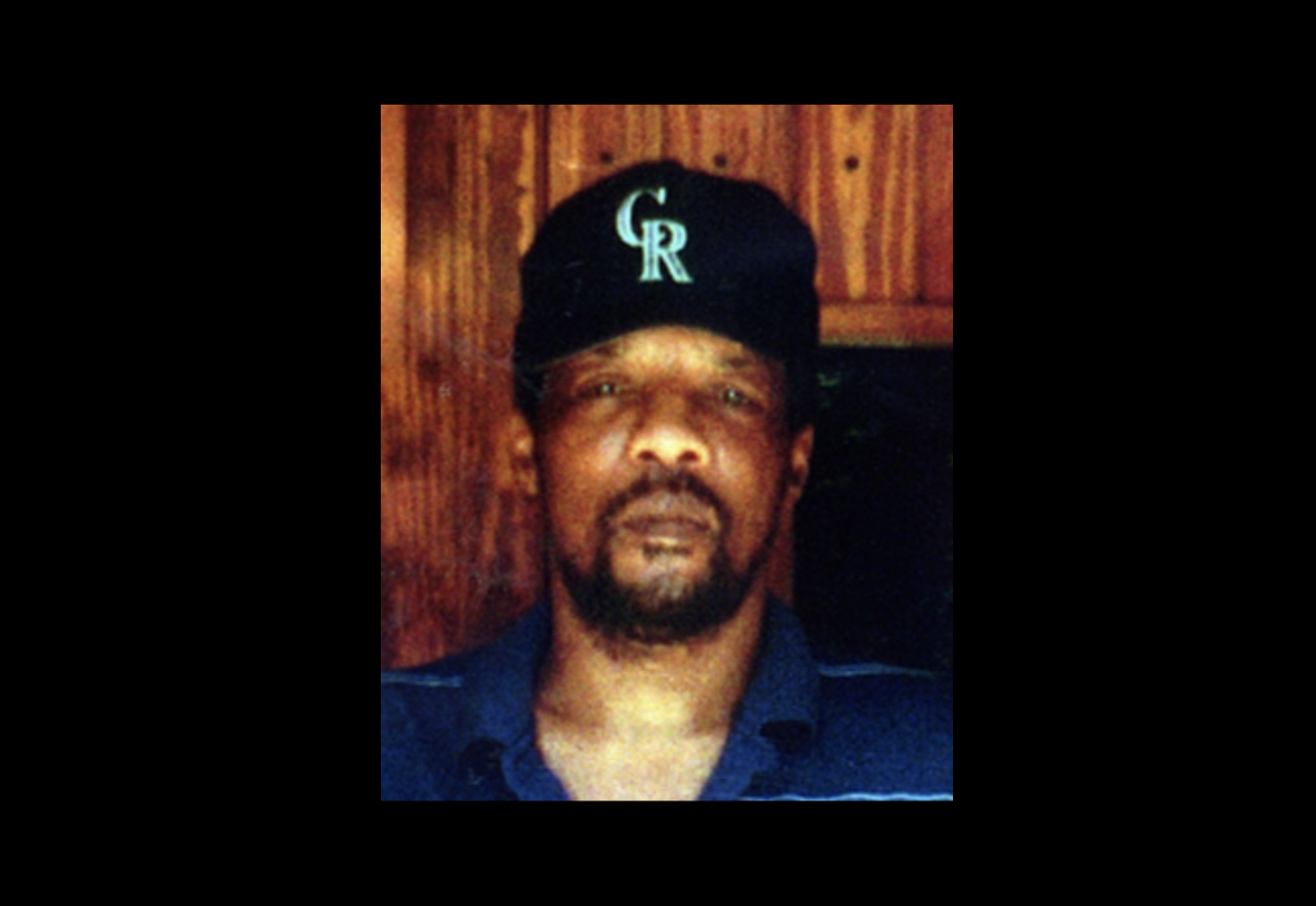
James Byrd, Jr.
Thoughts from Mark Toubin, ADL Southwest Regional Director:
Twenty-five years ago, on June 7, 1998, two avowed white supremacists and another man chained James Byrd, Jr. to a truck before dragging him for over three miles. For a mile and a half, Mr. Byrd remained conscious. His murder shocked the nation, particularly those who considered violent racism archaic, and eventually prompted Texas to enact the James Byrd Jr. Hate Crime Act, and the U.S. Congress to pass the Matthew Shepard and James Byrd, Jr., Hate Crimes Prevention Act Of 2009. Today, forty-six states have enacted hate crime penalty-enhancement laws.
The road from Jasper, Texas to enacting these hate crimes laws was paved with Mr. Byrd’s blood and the struggle of his family to ensure meaning in their loss. In the immediate aftermath of this horrific tragedy, tensions in the east Texas town erupted between the Ku Klux Klan and the New Black Panthers. Helping to alleviate the hostility was James’ family, whose call for peace amid their grief kept the violence at bay. “Let this horrendous violation of the sanctity of life not be a spark that ignites more hatred and retribution,” Mr. Byrd’s family said. “Rather, let this be a wake-up call for America: for all Americans. May it spark a new cleansing fire of self-examination and reflection.”
While their calls for self-examination and reflection resulted in the enactment of the previously mentioned laws, we remain a long way from resolving hate-related violence. On this 25th anniversary, let us rededicate ourselves to pre-empting the underlying causes of hate by promoting respect and inclusion for all.
Hate crimes are particularly insidious as they target individuals and instill fear and anxiety in entire communities who understand that they cannot change their respective identities. Reporting hate crimes to law enforcement is vital to alleviating the damage inflicted on victims. Unfortunately, the latest F.B.I. statistics demonstrate that hate crimes reached the highest recorded level in more than two decades, despite a decline in reporting.
For decades, ADL has offered victims of all forms of bias, discrimination and hate-related violence the opportunity to report such incidents at adl.org/report-incident. As with the reporting of hate crimes to the F.B.I., collected data helps direct the resources and energy expended toward reducing hate crimes and incidents as well as the alignment of anti-bias programs.
Awareness and security also play a significant role in hate crime reporting. Following 2021’s passage of the COVID-19 Hate Crimes Act and Jabara-Heyer NO HATE Act, the U.S. Attorney General issued a memorandum announcing “immediate steps to deter hate crimes and bias-related incidents, address them when they occur, support victims, and reduce the pernicious effects these incidents have on our society.” In conjunction, the Department of Justice launched the United Against Hate program to improve hate crime reporting by teaching community members how to identify, report, and help prevent hate crimes.
Lastly, we must improve our individual ability to contemporaneously recognize and respond to hate by not condoning insensitive and biased comments delivered at work, at play and in our homes. Do not hesitate to report concerns of hate-motivated violence to law enforcement and demand accountability of agencies charged with investigating and reporting hate crimes.
At age 49, James Byrd, Jr. paid the ultimate price for the racism and hate that has, and continues to permeate our society. To commemorate his legacy, let us redouble our efforts to celebrate our differences and expand our understanding of the rich heritage of all our neighbors. Only a concerted and unified approach can overcome hate’s powerful appeal. Twenty-five years after one of the worst hate crimes ever committed, let us remember James’ life and honor his legacy.

